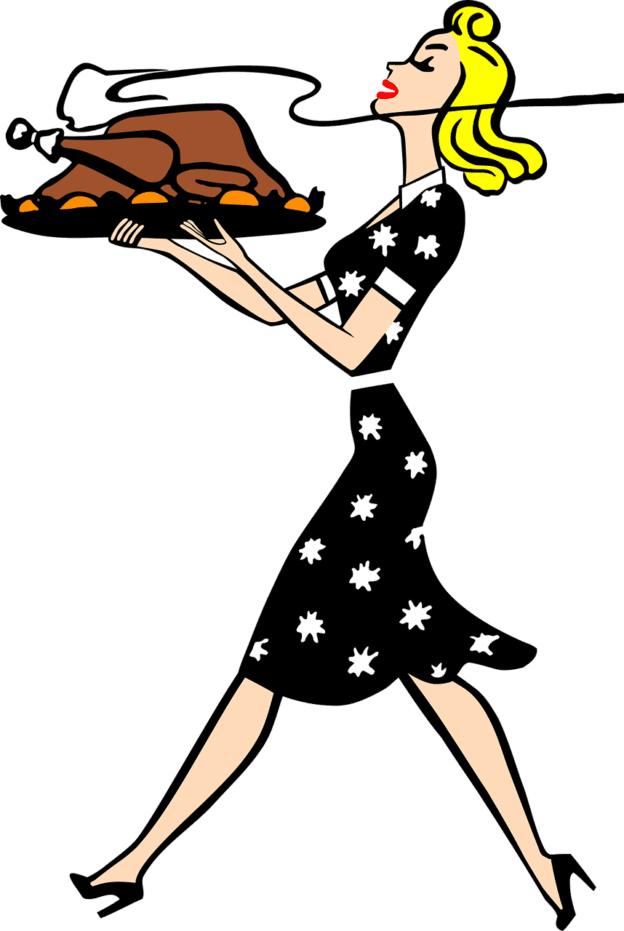I’m not a fan of Thanksgiving. This anti-sentiment started when I became a mother and I realized how much work it was to host a huge dinner every single year. I’m not a fan of Thanksgiving because of the excess. It’s become a tradition of gluttony with gratitude peppered in between. Women spend a disproportionate amount of time prepping, cooking and cleaning up for other people. In fact, I wrote a post about needing help on that day and every other day. Nothing says exhaustion like Thanksgiving. The original feast didn’t even include turkeys. Instead, the Thanksgiving meal consisted of deer, corn, berries and ducks. To understand how turkey was introduced into the holiday, I’ve linked some information here from The History Channel. There are many unspoken truths about Thanksgiving as well.
The Wampanoag People
When I was young, we learned about the Thanksgiving feast between Native Americans and the pilgrims. According to plimoth.org, “Massasoit, an important sachem (leader) of the Wampanoag People, along with 90 of his men, joined the English for three days of entertainment and feasting. The site later goes on to say “We do know, however, that the celebration occurred sometime between September 21 and November 9, 1621.”
What many don’t know is that the autumn harvest and thanking Mother Earth’s abundance is a beautiful Native American tradition. The Native American philosophy is giving without expecting anything in return (blog.nativehope.org). Keeping up with their tradition is one thing, but we do them a disservice as we bow our heads down to pray, and gloss over the tragedy that came after. While we may have learned that disease affected many tribes, we weren’t taught the correlation and the intentional acts of the Pilgrims towards these people. I don’t remember learning about the tragedies.
What Came After
Historians believe that the Wampanoag people suffered through an epidemic and decided to cooperate with the Pilgrims. What came after was the slow death of many Wampanoag people through disease, slavery and the loss of their land. Thanksgiving for many Native Americans is a day of mourning. And yet, the Wampanoag spirit and people still struggle to exist and live in their reduced lands and reservations. Even today there are efforts to take that away from them.
The Suppressed Speech of Wamsutta James, Wampanoag
In 1970, three hundred and fifty years after the Pilgrims first arrived, anniversary planners asked for a speech at their state dinner. After reviewing the contents, they refused to let Frank James, a Wampanoag man speak and suppressed it. Here are his words. I link them here because we should be informed and understand the pain in the people who still live on with their ancestors’ memories.
In my opinion, we should celebrate Thanksgiving in the spirit of gratitude, but we should also teach our children the truth and beauty of the Wampanoag’s and their plight. We forget that it was only 350 years ago. That’s nothing in the history of the world and the wounds are still fresh. If that makes me ‘woke,” because truth is important that so be it.
Thanksgiving for Our Family
I’m not a fan of Thanksgiving for all of the reasons I’ve posted in this blog post. Researching and reading the words of the Wampanoag people and their untold truth has affected me even more. Technology has educated my own children better than I was able to and they are very aware of the dichotomy. Although, many Americans are not descended from the original settlers, it’s still important to understand the traditions we adopt and the historical significance.
.





Leave a Reply